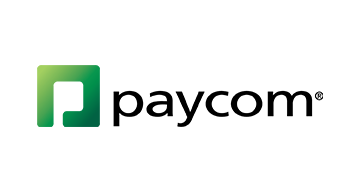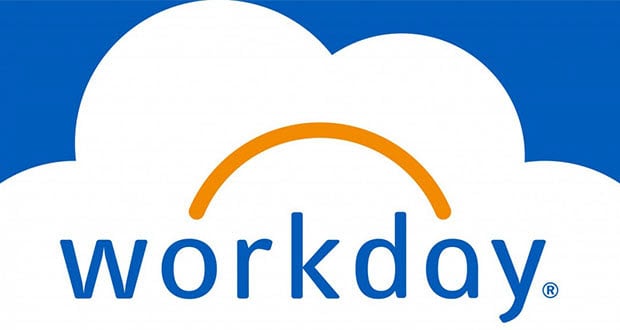Four in five Americans worry that an unexpected medical expense could derail their financial goals, while more than a quarter of this group say that a bill of less than $1,000 would cause financial hardship. Younger generations are especially anxious, with nearly 90% of Gen Z and millennials saying an unplanned medical cost would disrupt their financial plans, compared to just 56% of baby boomers.
“Americans’ health and wealth needs are inextricably connected,” says Stephanie Shields, head of Equitable’s employee benefits business. “An unplanned visit to the hospital can put a person’s long-term financial security at risk, especially if they need to tap into retirement savings to cover a costly medical bill.”
See also: What’s behind the growing interest in voluntary benefits?
A recent survey by the financial services company highlights key financial trends shaping how Americans engage with their workplace benefits:
–When respondents were asked how they would pay for a costly and unplanned medical bill, 48% said they would set up a payment plan, 31% would use general savings, 28% would rely on credit cards and 12% would make a hardship withdrawal from their retirement account.
–Younger generations are embracing less-traditional digital tools. More than two-thirds of Gen Z use platforms such as TikTok, Instagram or YouTube for benefits information. Millennials lead all age groups in their use of AI, with 30% using these tools for benefits guidance.
–Despite 80% of respondents saying it’s important to have a financial advisor when selecting and managing benefits, only 20% actually consult one during open enrollment. Those who do report feeling more confident in their choices.
–Voluntary benefits remain misunderstood by many workers. Although more than 40% of employees lack confidence in their understanding of these benefits, once informed, more than 80% said they consider them highly valuable.
–Three-quarters of small-business owners believe offering voluntary benefits sends a clear message of care and commitment. However, nearly four in 10 cited low employee participation as a key barrier to offering or expanding voluntary benefits. Additionally, more than a quarter of respondents said they struggle to understand the solutions themselves, often finding them overly complex.
“Voluntary benefits are no longer just a check-box option—they’re a competitive advantage,” Shields says. “As small to mid-sized businesses look to attract and retain top talent, it’s essential they understand the strategic value of these cost-effective solutions. With the right support from benefits providers and brokers, employers can improve education, tailor communications and drive meaningful utilization, ultimately helping employees protect their financial wellbeing and helping small businesses stand out in today’s competitive job market.”





















